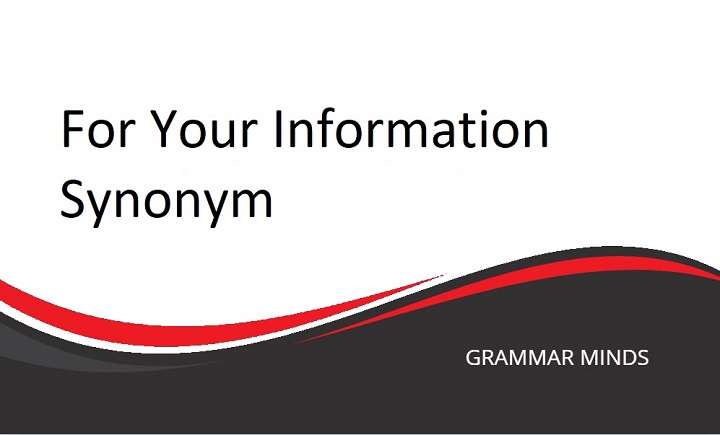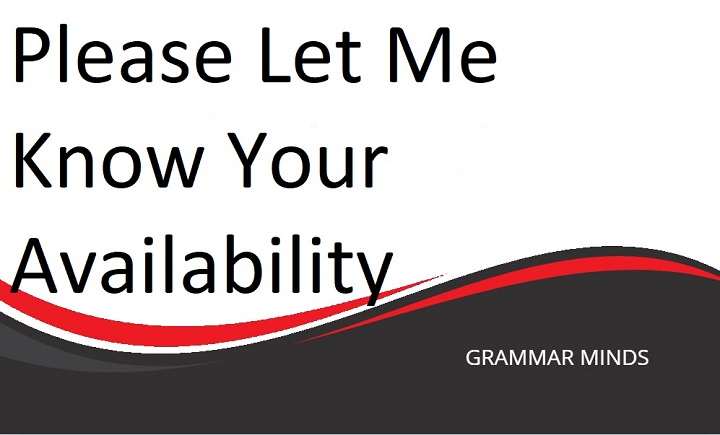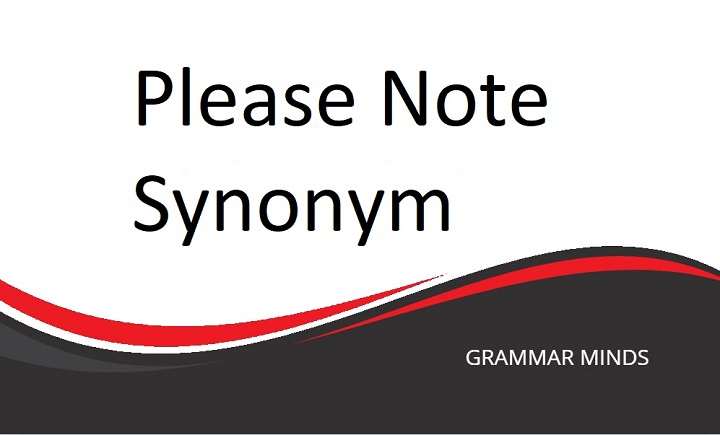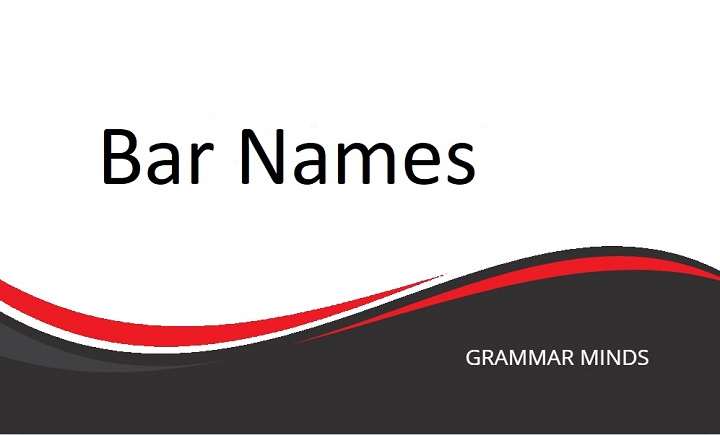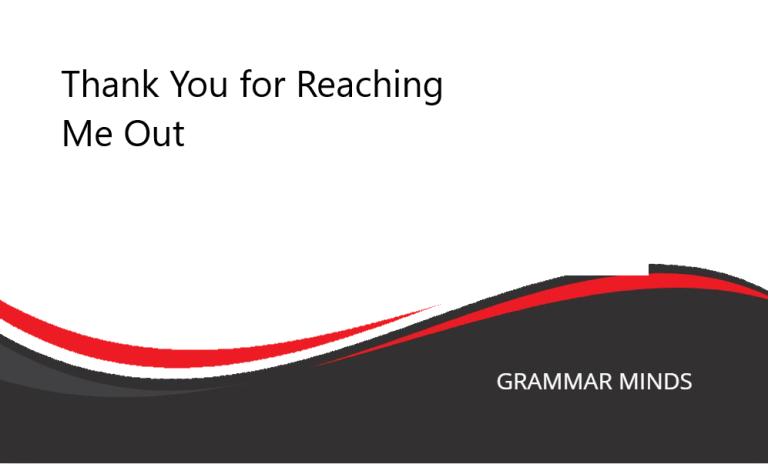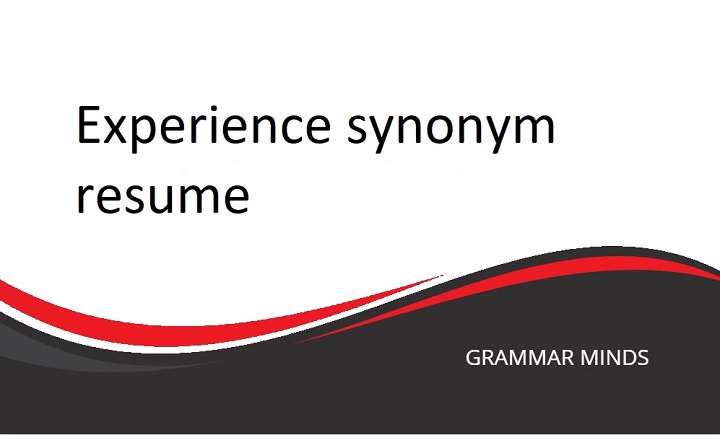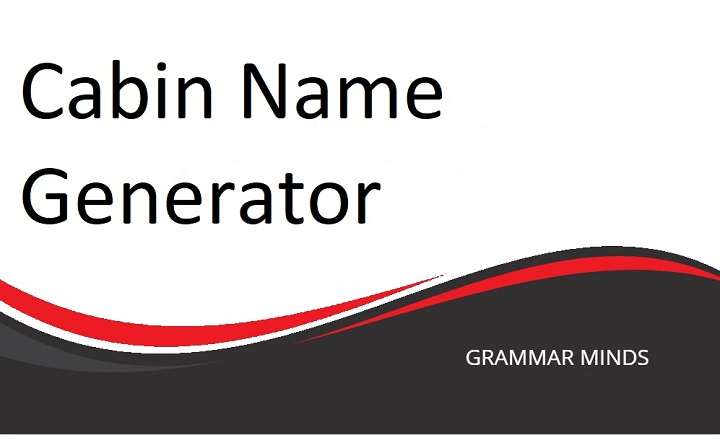In today’s fast-paced world, clear and effective communication is crucial, whether it’s in professional emails, personal messages, or casual conversations. One commonly used phrase, “for your information,” can help convey important details or updates. But after a while, you might find yourself using this phrase too frequently, making your language sound repetitive.
Do you find yourself using the phrase “for your information” repeatedly? Have you grown tired of this repetitive expression when communicating in your professional or personal life? Don’t worry! We’ve compiled a handy list of alternative phrases that you can use to mix things up and sound more varied in your conversations.
Other Ways to Say “For Your Information”
Whether you’re looking to freshen up your professional emails or just add some variety to your daily communication, there are many alternative ways to say “for your information.” Here’s a collection of synonyms that can help:
- Just So You Know
- Kindly Note
- For Your Awareness
- Please Be Informed
- As a Reminder
- I’d Like to Point Out
- In Case You Didn’t Know
- For Your Reference
- Be Advised
- By the Way
Each of these phrases can fit different contexts, from formal work settings to casual conversations, allowing you to communicate with more variety and professionalism.
Key Notes
“For your information” is grammatically correct and suitable for both formal and informal situations. However, it can sometimes feel a bit basic, especially when overused.
You can use “Kindly Note” for formal situations, especially in professional emails or official meetings. It adds a respectful and polite tone to the communication.
Meanwhile, “Just So You Know” is a great informal alternative for casual conversations with friends, family, or colleagues in relaxed environments. Keep reading to discover how to use these phrases in both formal and informal situations, and see real-life examples of how they can be applied.
Just So You Know
Usage:
If you’re looking for a more casual way to say “for your information,” try using “Just So You Know.” This phrase is ideal for informal conversations or messages with colleagues, friends, or family members. It conveys the same message but in a lighter, more conversational tone.
Example (in conversation):
Hey Sarah,
Just so you know, the meeting’s been rescheduled to 3 p.m. tomorrow. Let me know if that works for you!
Best used in: Casual settings, group chats, and informal emails where a relaxed tone is acceptable.
Kindly Note
Usage:
For a more formal approach, “Kindly Note” is an excellent choice. This phrase carries a sense of politeness and respect, making it well-suited for emails or formal correspondence where professionalism is required.
Example (in an email):
Dear Mr. Johnson,
Thank you for your continued support. Kindly note that the next project meeting has been moved to Friday at 2 p.m. Please confirm your availability.
Best regards,
Jane Smith
Best used in: Formal emails, letters, and official meetings where you need to maintain a professional tone.
For Your Awareness
Usage:
This is another formal alternative to “for your information” that can be used in professional settings. “For Your Awareness” adds a layer of formality and respect, making it ideal for business communications.
Example (in an email):
Dear Ms. Carter,
For your awareness, the client has requested a review of the project proposal. We will need to arrange a meeting to discuss the necessary changes.
Kind regards,
Alex Thompson
Best used in: Corporate settings, project management, and internal communications.
Please Be Informed
Usage:
“Please Be Informed” is a formal synonym that works well in official emails or notices. It’s direct and to the point, often used when conveying important information that the recipient must acknowledge.
Example (in an official notice):
To All Staff,
Please be informed that the office will be closed for maintenance on Friday, September 18th. Normal operations will resume on Monday.
Sincerely,
Office Management Team
Best used in: Formal notifications, business announcements, and administrative emails.
As a Reminder
Usage:
“As a Reminder” is a slightly less formal phrase but still carries a professional tone. It’s useful when you want to emphasize or repeat previously mentioned information.
Example (in an email):
Hi John,
As a reminder, the deadline for submitting your report is this Friday. Please ensure that it’s submitted on time to avoid delays.
Best,
Nina Lee
Best used in: Work-related reminders, project deadlines, and follow-up emails.
I’d Like to Point Out
Usage:
This phrase can be used in both formal and informal settings. It’s a versatile option that works well when you want to highlight specific information or details.
Example (in a meeting):
I’d like to point out that we’ve made significant progress on the marketing campaign, but we still need to finalize the budget.
Best used in: Meetings, presentations, and conversations where you want to draw attention to a particular point.
In Case You Didn’t Know
Usage:
This is a more casual and conversational alternative, suitable for informal discussions with friends or close colleagues. It adds a personal touch to the information you’re sharing.
Example (in conversation):
In case you didn’t know, there’s a new café that just opened down the street. Let’s grab coffee there sometime!
Best used in: Friendly chats, casual emails, and social media messages.
For Your Reference
Usage:
“For Your Reference” is a formal phrase that’s often used when providing documents, reports, or additional information that the recipient may need to refer to in the future.
Example (in an email):
Dear Mr. Stevens,
Please find attached the updated budget report for your reference. Let me know if you need any further details.
Best regards,
Emily Davis
Best used in: Formal emails, document sharing, and professional reports.
Be Advised
Usage:
“Be Advised” is a formal and authoritative phrase often used in legal or official contexts. It’s a clear, direct way to communicate important information that the recipient needs to acknowledge.
Example (in an official notice):
Be advised that all employees must complete the compliance training by the end of this month. Failure to do so may result in penalties.
Best used in: Legal documents, formal memos, and policy-related communications.
By the Way
Usage:
“By the Way” is an informal phrase that can be used when adding extra information in a light-hearted manner. It’s perfect for casual conversations or emails.
Example (in conversation):
By the way, did you hear about the new project we’re starting next month? It’s going to be a game-changer.
Best used in: Casual chats, informal meetings, and social interactions.
Is It Correct to Say “For Your Information”?
Yes! “For your information” is grammatically correct and suitable for both formal and informal settings. It’s a versatile phrase that can be used in professional emails, conversations with colleagues, or casual chats with friends. However, it can sometimes feel overused or basic, which is why it’s helpful to have a variety of synonyms at your disposal.
Alternative Phrases to “For Your Information”
Here are a few more alternative phrases you can use:
- Here’s a Quick Update
- To Keep You in the Loop
- FYI (For Your Information)
Each of these adds a different nuance, helping you tailor your communication to the appropriate audience.
Also Read
In conclusion, “for your information” is a perfectly acceptable and grammatically correct phrase, whether you’re using it in a formal or informal setting. However, the alternative phrases provided in this article will help you diversify your vocabulary and communicate more effectively in different contexts. Whether you’re writing emails at work, chatting with friends, or providing important updates, these synonyms will keep your language fresh and engaging.
Mixing up your expressions not only helps avoid repetition but also adds clarity and professionalism to your communication. So, the next time you catch yourself typing “for your information,” consider switching it up with one of these alternatives!

